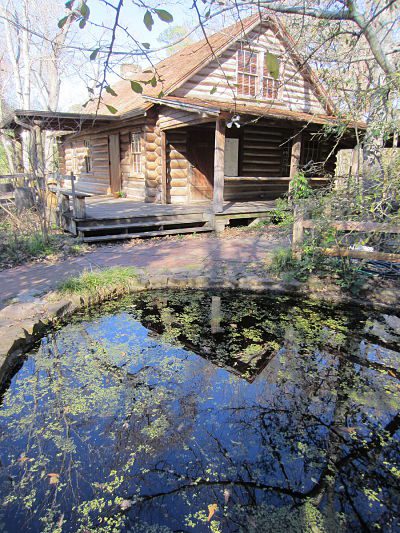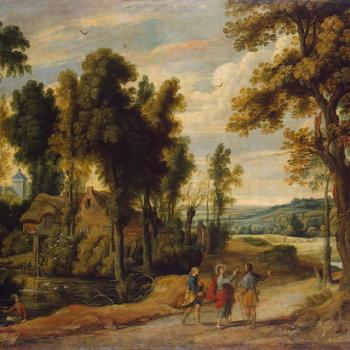
My Mom would send me outside, despite protests, and tell me to come back when the street light (yes, singular) came on. I might dam the “creek,” a rivulet so small that it was often dry, but seemed to me a major body of water or build a “fort,” but come inside? No.
As for dirty, when Dad cut the grass, we would roll down the hill until we turned green. Grass stains are forever . . .sorry Mom.
Imagine my shock as I discovered Houston students, whether kindergarten, junior high, high school, or college, have no idea what it is like to be outside. We are centering our science curriculum for lower grades around gardening and spending as much time in natural environments as possible. And yes, Houston is 95 on September 1 and very humid, but once you adjust . . . all is well.
Except students have often never broken a sweat outdoors. When they reach into the dirt, many are afraid of getting or being “dirty.” There is natural curiosity about the lizards, frogs, and insects we catch . . . but also shock that things live beyond a screen. This is a kind of ecological deprivation that is worrisome to me.
Sitting outside and discussing Odyssey is good, because it is hot, not perfectly comfortable, and natural. Civilization can conquer nature or work with her, but I fear that too often modern children only know the story of the conquest of nature. The power of three dimensional reality is amazing if most images you have seen are only two-dimensional.
One overwhelmed student recently scribbled on our white board: “Nature is awesome” and so nature is. Nature can be awful, as dangerous as a Gulf hurricane, and awe inspiring like the limbs of a grasshopper. To most generations of Houstonians, these were experiences already lived. No school had to teach them, but one reason (amongst many) schools (including college) must change is that our experiences have changed.
Most of my students have technological skills, but cannot hammer a nail. The time has come for colleges to shift from testing for computer literacy to testing for “reality literacy.” Can you stand outside for an hour without discomfort? Do you know how to care for a plant? These are human things every bit as much as writing a poem. We cannot assume they are known. Surely, we all agree that teaching a person to live in nature and not against nature is as important as mastering the five paragraph essay.
Here in Houston nature is bound to come calling, but I have yet to be asked to write a five paragraph essay on what I did with my summer.
So here is a suggestion from The Saint Constantine School: let’s go outside. Let’s sit under a tree like Socrates and discuss beauty and the soul to the sound of the cicadas. Let’s emulate the monks who founded the university and plant a garden. Let’s learn to care for our brothers and sisters the beasts without simply “using them.”
Let’s discover: Nature is awesome.
















